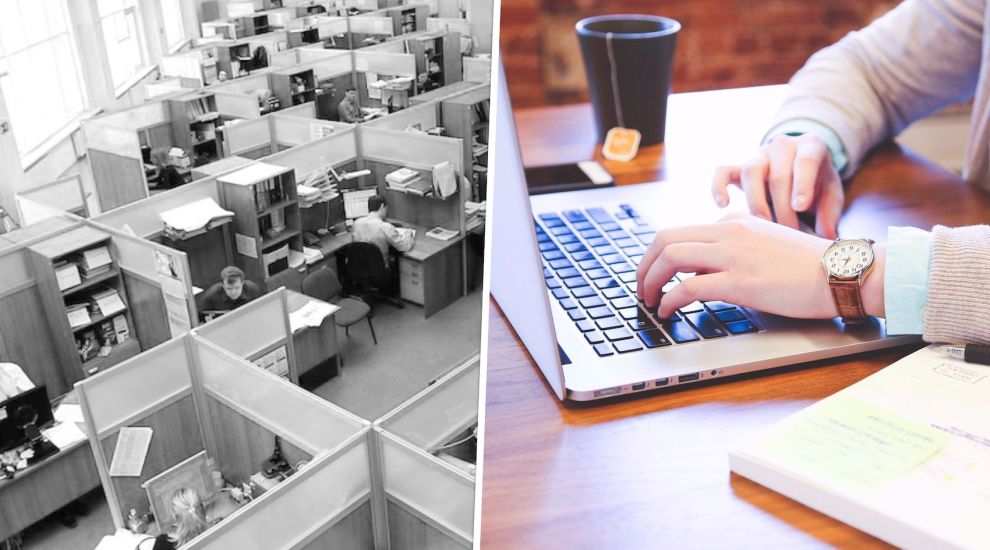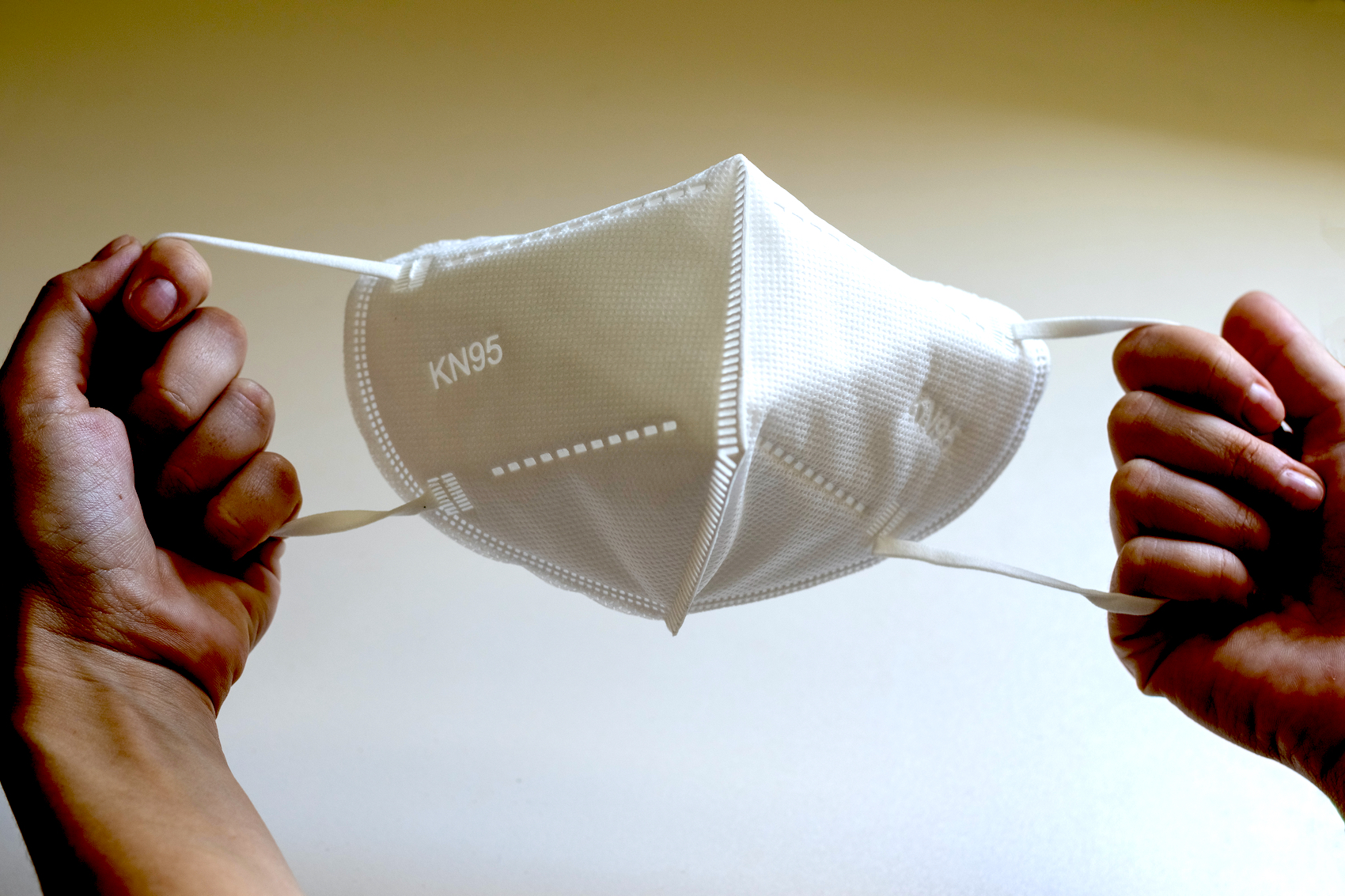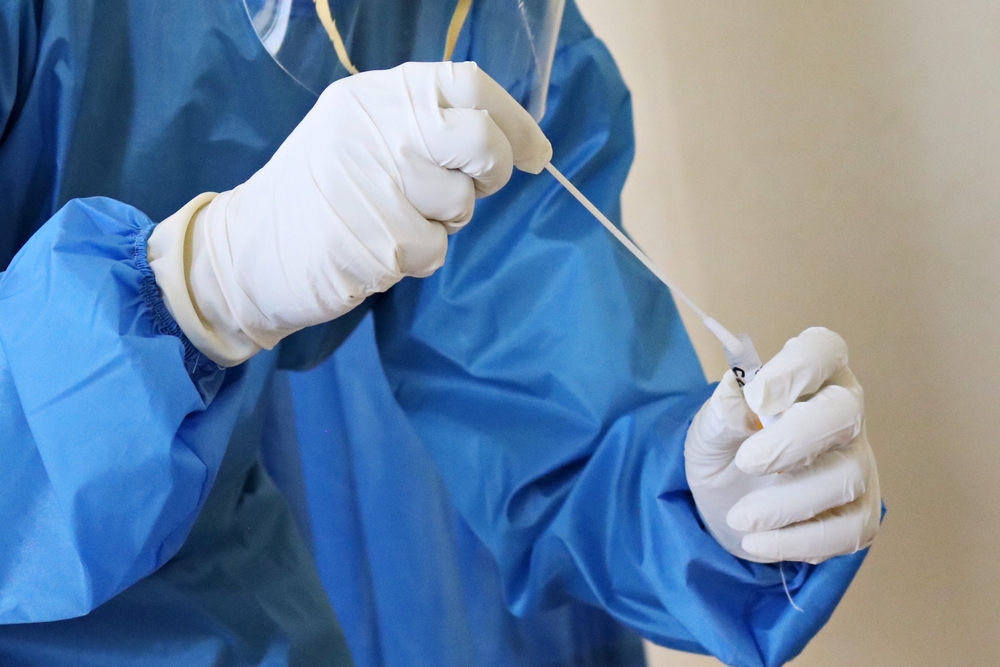


Everyone is being asked to work from home from Monday unless it is impossible to do so, following what officials are calling an "alarming" surge in covid cases over the weekend.
The Government have announced a swathe of new measures after the number of active cases jumped from 200 to 247 since Friday. There have now been over 1,000 positive cases in Jersey and almost 2,000 people have been classed as 'direct contacts.'
Asked by Express why Islanders were being asked to work from home, even though work-place transmission of the virus had been found to be very low, Chief Minister John Le Fondré said: “Hopefully by getting people to work from home, you are automatically going to be reducing the socialising that is happening. We have already told people to minimise their gatherings for quite some time and, obviously, the recent spike in cases has demonstrated that people aren’t listening.
“If that guidance can go to the employers, then, by default, people will start to reduce that socialising as well. There are other measures that we will be looking to implement over the next couple of days, which will enhance some of the guidance.”
Deputy Medical Officer of Health, Dr Ivan Muscat, added: “When people don’t go to work, their daily routine changes and they don’t join up with friends and colleagues after work to go for a pint. It changes the whole way in which they live.”
If people don’t act now to stop the spread of the virus, the Government say that - based on evidence from other jurisdictions - there is now a major risk of hospitalisation, which could include people dying with covid, in the coming weeks.
Since Friday there has been 84 new cases: 25 on Saturday, 29 on Sunday and 30 on Monday.
Other new measures include:
However, there are no new measures affecting schools and pupils, despite numerous cases and whole year groups being forced to isolate at home. Ministers have said they want to avoid disrupting children’s education as much as possible.

Pictured: Not wearing a mask in shops and indoor public spaces will become a criminal offence from 10:00 tomorrow.
They are, however, saying that social gatherings attended by people from different households should not take place – in essence, that Christmas parties are off this year.
This is because that research shows that transmission of covid tends to occur where people are in close personal contact, in enclosed spaces, when people are together for several hours and in poorly ventilated spaces.
Ministers have been prompted to act by a significant rise in cases – which takes the two-week rate to 227 per 100,000 of population – and, in particular, an increase in cases and clusters which can’t be traced to a source.
In September, there was just one case which couldn’t be traced. This month, that has risen to 72, which includes 13 large clusters which can’t be traced (more than five cases), 15 small clusters (2-5 cases), six within a household group, and 38 single cases.

Pictured: Ministers have been prompted to act by a significant rise in cases.
It means that, on the Government’s scale of escalation, the Island has moved one step closer to lockdown: from ‘unlinked community cases’ to ‘complex, multiple clusters.'
The number of positive cases being picked up suggests that a large number of clusters and outbreaks are now outside of the control of the contact tracing team. The Government also concede that it is not identifying enough cases at the pre-symptomatic stage, which means they can infect more people before being a confirmed case and isolating.
Compounding the problem is the expected large number of students returning from university, potential Christmas socials, and the colder weather as winter deepens.
Comments
Comments on this story express the views of the commentator only, not Bailiwick Publishing. We are unable to guarantee the accuracy of any of those comments.